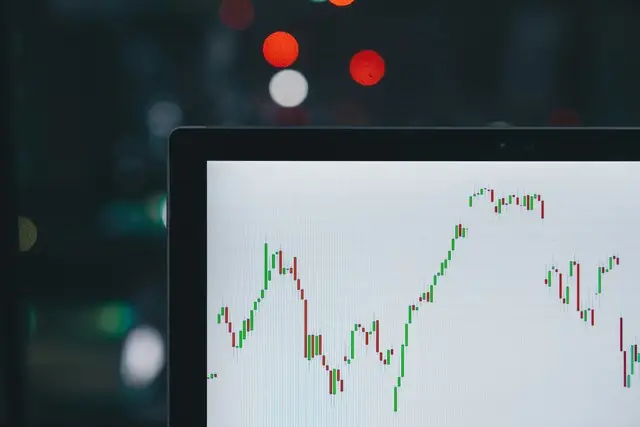Economic activity encompasses all actions related to the production, distribution, and consumption of goods and services. From a sociological perspective, economic activity is not merely a series of market transactions but a complex social process influenced by cultural norms, institutional structures, power relations, and historical contexts. This essay explores economic activity through various sociological lenses, including classical and contemporary theories, the role of institutions, the influence of culture, and the interplay of power and inequality.
Classical Sociological Theories
Classical sociological theories provide foundational insights into the nature of economic activity. Karl Marx, for instance, viewed economic activity through the lens of historical materialism, emphasizing the role of class struggle in shaping economic systems. According to Marx, the economic base of society, composed of the forces and relations of production, fundamentally determines the superstructure, which includes culture, politics, and ideology. He argued that capitalism, characterized by the private ownership of the means of production and the exploitation of labor, leads to inherent conflicts between the bourgeoisie (owners) and the proletariat (workers). This conflict drives economic activity and societal change.
Max Weber, on the other hand, introduced the concept of the "Protestant Ethic" and its role in the development of capitalism. Weber argued that cultural factors, particularly religious beliefs, could influence economic behavior. The Protestant ethic, with its emphasis on hard work, frugality, and rationality, contributed to the rise of capitalist economies in Western Europe. Weber's analysis highlights the importance of understanding the





